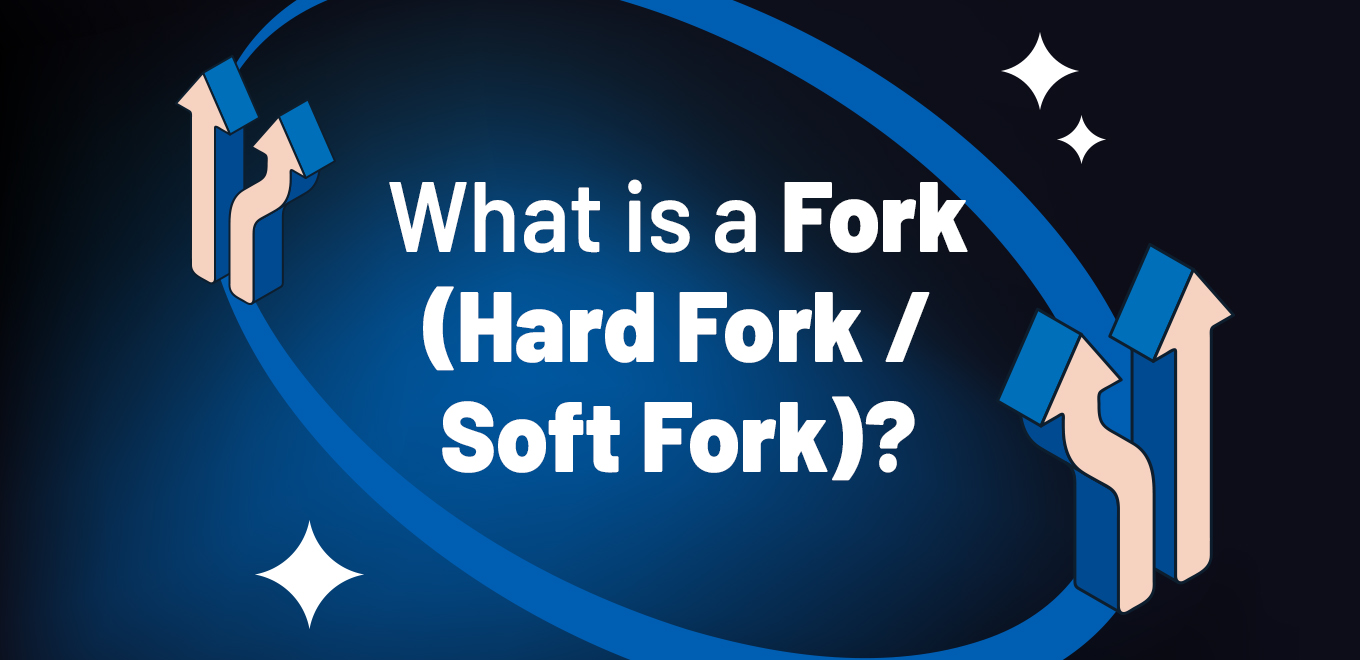Forking refers to changes in the operational structure resulting from updates integrated into a blockchain. The integration of these changes may involve differences. For this reason, the topic of forking is examined under two subcategories: Soft Fork and Hard Fork. This article provides an overview of what a fork in the blockchain of Bitcoin or other cryptocurrencies is, along with the impacts of a fork.
TABLE OF CONTENTS
What is a Fork?
Forking refers to the process in which changes occur in the operational structure of a blockchain as a result of an update. Depending on whether the new operational structure is compatible with existing mining software and wallets, the fork is classified into two types: Hard Fork and Soft Fork.
What is a Hard Fork?
Hard forks are protocol updates that alter the rules of the blockchain. In order for nodes that synchronize the blockchain to use the new chain, they must operate with software that supports the updated protocol rules. Otherwise, the nodes will not be able to connect to the new chain.
A Hard Fork can occur due to a fundamental change in the network’s infrastructure or as a result of disagreements between the community and the developers.
If a hard fork results from disagreements, multiple independent blockchains and cryptocurrencies will be created. For example, the Bitcoin Cash blockchain, which emerged from a hard fork in the Bitcoin blockchain, operates independently and uses its own cryptocurrency, BCH. Accessing this blockchain requires different mining and wallet software.
However, not every hard fork results in the creation of a new cryptocurrency. In cases where a hard fork occurs through mutual agreement between software developers and the community, all participants transition to the new blockchain, making the old chain obsolete. For example, after the Istanbul Hard Fork on the Ethereum blockchain, a new blockchain was created, and users updated their wallets to begin using it. Since no one used the previous blockchain, Ethereum’s ETH cryptocurrency has been able to continue operating under the same name.
What is a Soft Fork?
Soft forks are technical changes that improve and enhance blockchain functionality. They do not completely alter the existing operational structure and remain compatible with it. Miners and wallet holders who choose not to take advantage of these changes can continue using the blockchain with the old software. However, those who update their mining and wallet software can benefit from the improvements and enhancements made to the blockchain.
The SegWit update on the Bitcoin blockchain is an example of a soft fork. Only those who updated their software benefited from the improvements, while other users experienced no changes in how they used the network.




